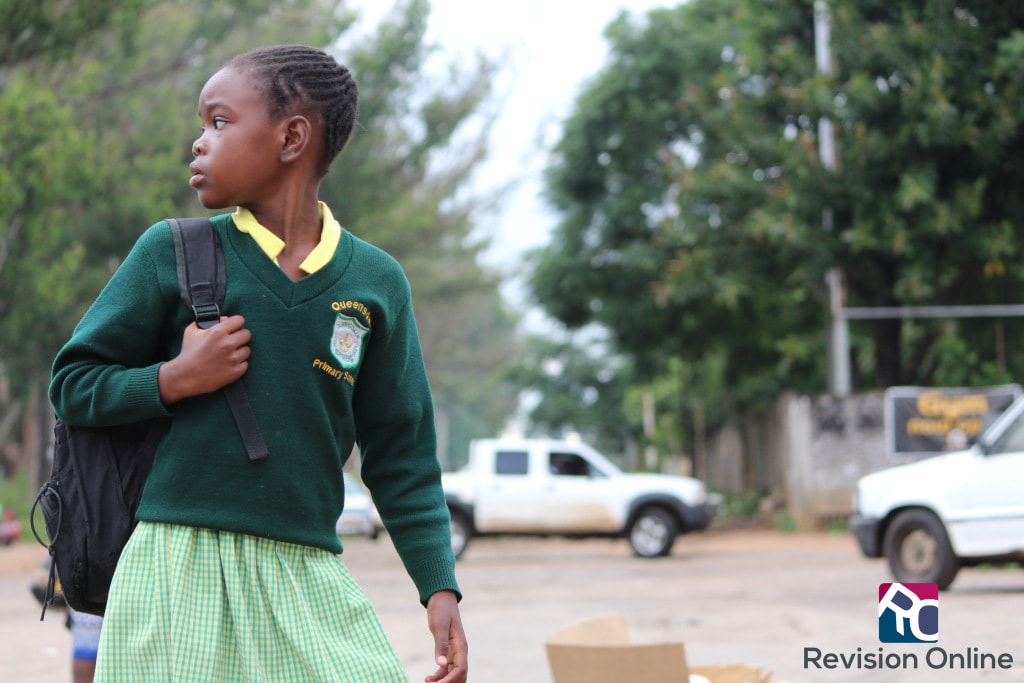Prices, and as a result inflation, has been on an upward trend. Lots of producers have come out in the past few weeks announcing price increases. Naturally, these hikes are bound to have a cascading effect on various stakeholders.
According to the Chronicle, several schools from Bulawayo have started demanding top-up fees from parents. Boarding schools who are especially vulnerable to price hikes said they had no choice but to ask for these top-up fees.
An official at one of the schools had this to say:
When parents paid schools fees, which was RTGS$1 200 at the beginning of the term, we thought the money would be enough to buy all the necessary food and pay for all the services for the term.
Due to the continuous escalation of prices, we realised that the money won’t take us through the rest of the term. We therefore called for a meeting to discuss with parents and we agreed to top us with RTGS$300.
One way in which schools can cushion themselves is to stockpile commodities. However, this is likely to run afoul of the government no hoarding policy. Another option would be to ask for fees in USD or other currencies which are much more stable when compared to the RTGS. Again the government would have none of that either.
In fact, the government has expressed anger and warned schools not to ask for top ups. Primary and Secondary Education Deputy Minister Edgar Moyo said schools needed government approval before asking for top-ups.
This centralised decision making is one of the reasons which makes Zimbabwe unappealing as an investment destination. It promotes corruption as business/schools grease palms for their decisions to be approved. School running should be left to the devices of parents and teachers is my opinion.



